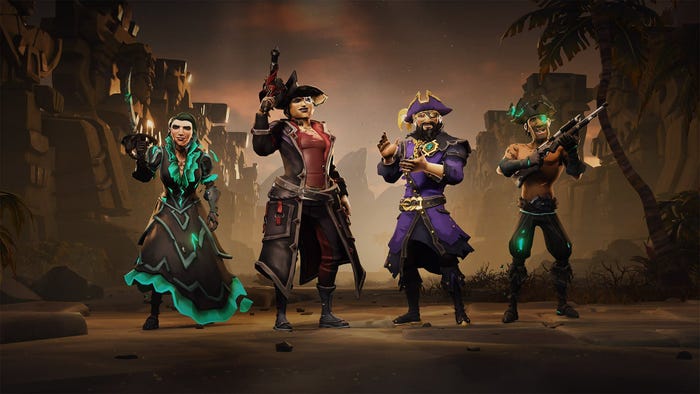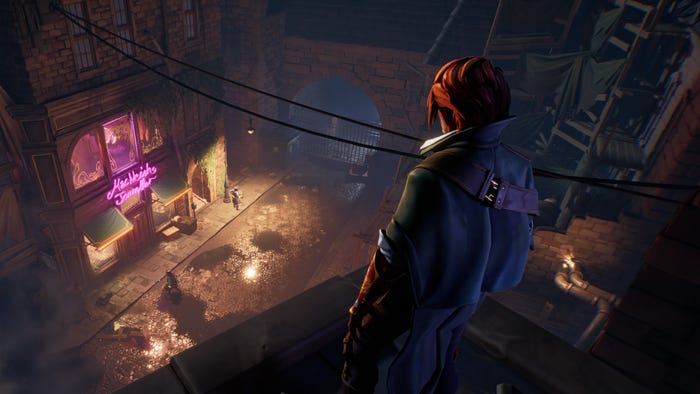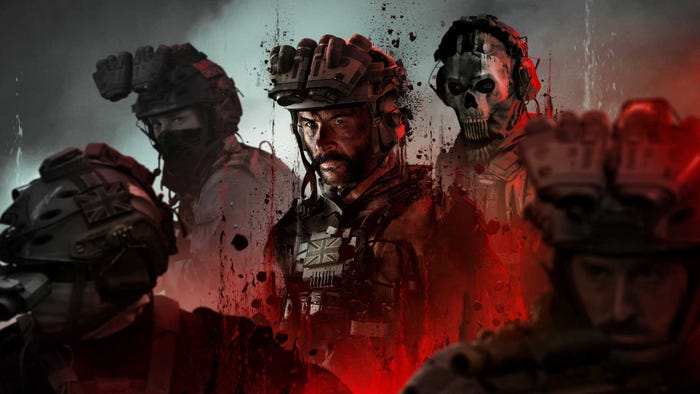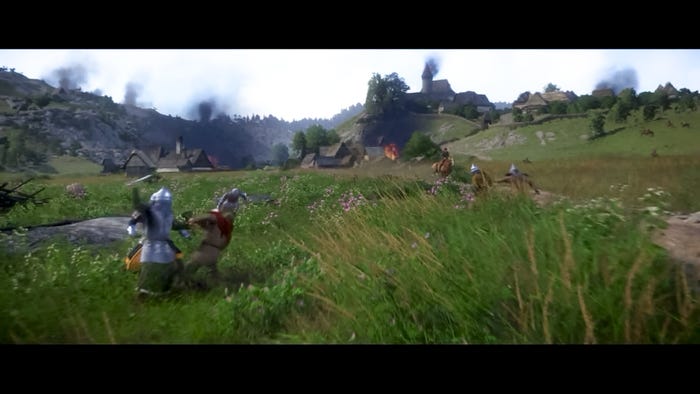Nintendo's relative disinterest in online multiplayer, achievements and user-generated content sometimes perplexes -- but Shigeru Miyamoto tells Gamasutra why the company's stance makes sense.

Nintendo's particular approach to innovation often seems on the surface to fly in the face of widely-popular trends. For example, the Wii's motion controls were met with bemusement from the traditional market at first -- only to become perhaps the era's most significant development in the mainstreaming of video games. Now the core consoles are playing catch-up. And these days, when everything must be multiplayer, social and networked, Nintendo's New Super Mario Bros. Wii, the most multiplayer-focused Mario yet, focuses solely on living room local play, thanks to the vision of legendary designer Shigeru Miyamoto. At a roundtable in New York yesterday, attended by press outlets including Gamasutra, Miyamoto was asked for his opinion on many prevailing industry trends, and his answers helped illuminate a company that often surprises, and is always an individual. No Achievements? No Leaderboards? Miyamoto was nonplussed when asked why Nintendo games have also generally decided to take a pass on the explosive trend of social features like leaderboards and online achievements. "I'm not particularly well versed in the Xbox 360 achievement system," the designer admitted. "I spend most of my time working on my own games, and don't have a lot of time to look at what other people are doing." But as far as the meat of an achievements system -- gaining rewards for accomplishing extra tasks -- Miyamoto says it's something he's always done. "The idea of playing the game in a particular way and having it unlock a special prize that rewards you... it feels like something we've been doing for the last 15-20 years," he said. The doesn't mean Nintendo is disinterested in further developing internet-connected experiences, Miyamoto said: "We do have an interest in doing things that take advantage of networked devices." "We could've made an online multiplayer Mario game... but the effort and resources you devote to putting a game like that on line will then result in you balancing out the resources [and sacrificing] something somewhere else in the game," he added. New Super Mario Bros. Wii is oriented specifically around the face-to-face experience -- "That being said, in the future there is definitely the possibility for exploring what can be done with more remote connected gameplay," Miyamoto said. No Digital Distro Rush? The simplicity of New Super Mario Bros. Wii gives it an updated old-school feel, and on either rival console, such a game would perhaps be a good candidate for release as a digital download. But not only is Nintendo going strictly for the disc-based route, it's joyfully embracing physical software with a special red box for the game -- the first red package ever for a Wii game, for which the standard is always white. "The business overall is still very much a package-based business," said Miyamoto. "I'm the kind of person who likes to have a physical object, rather than a digital product. I prefer to have something physical I can hold in my hand, particularly when it's a nice red package like this!" No User-Generated Content? Many reporters in attendance at Miyamoto's roundtable wanted to know when a Mario game would feature user-created content options, such as a level editor and the option to share and play creations online, given the prolific user-generated content trend and the success of LittleBigPlanet. "It is an area that I have a lot of interest in," said Miyamoto. "I think the sidescrolling Mario games in particular are very well-suited to that type of idea... early on, we did have a lot of discussions about how to enable that type of level creation." That was the impetus behind recent Flipnote Studio on DSi, he added. "I think that those types of interactive experiences are going to broaden, and we'll see a lot more user-generated content going forward," said Miyamoto. "I've always had an interest in those creative tools." And What About That Help System? Miyamoto also spent time demonstrating Nintendo's controversial "Super Guide" pop-up hint system for New Super Mario Bros Wii -- after eight deaths, the player has the option to turn on the feature that demonstrates solutions to the player in the form of a help video. Players can even be walked through a difficult level in its entirety, and continue from there. It's not obligatory to use it, of course, and Miyamoto said the presence of the help system actually serves as an additional motivator for players who like a challenge. "If you die eight times in one level the Super Guide block appears... but I find if that happens, I feel guilty that I let that happen." "I've already done this bad -- now I definitely have to clear this level on my own," the designer laughed. "And people who clear every level without ever having a hint block appear will get a special something on the title screen after they've finished." The Super Guide never shows the way to secrets, bonuses and collectibles, and players who gather all of those are rewarded, too. One highlight of the demonstration day yesterday was getting to see the special bonus videos users can unlock when they gather Star Coins. Developed by the game's testers, they show feats of highly-skilled playthroughs, like making it through a whole level without ever touching the ground, or two buddies tandem-tossing a third player through the entirety of a level -- while still ensuring that third player collects all the level's rewards. With such a feature, gameplay demonstration videos that the hardest-core players might have dismissed as hand-holding actually serve the purpose of tickling the imagination -- it's easy to imagine users creating and uploading their own gameplay feats via YouTube. Nintendo's stubborn tendency to pave its own road despite what trends the market favors may puzzle traditional consumers from time to time, but the result is often a sense that virtuosos like Miyamoto know things the rest of the world doesn't. This uniqueness is perhaps the biggest factor that's enabled Nintendo to quietly steal this console generation -- and in many ways, pave the path for the next one.
About the Author(s)
You May Also Like









